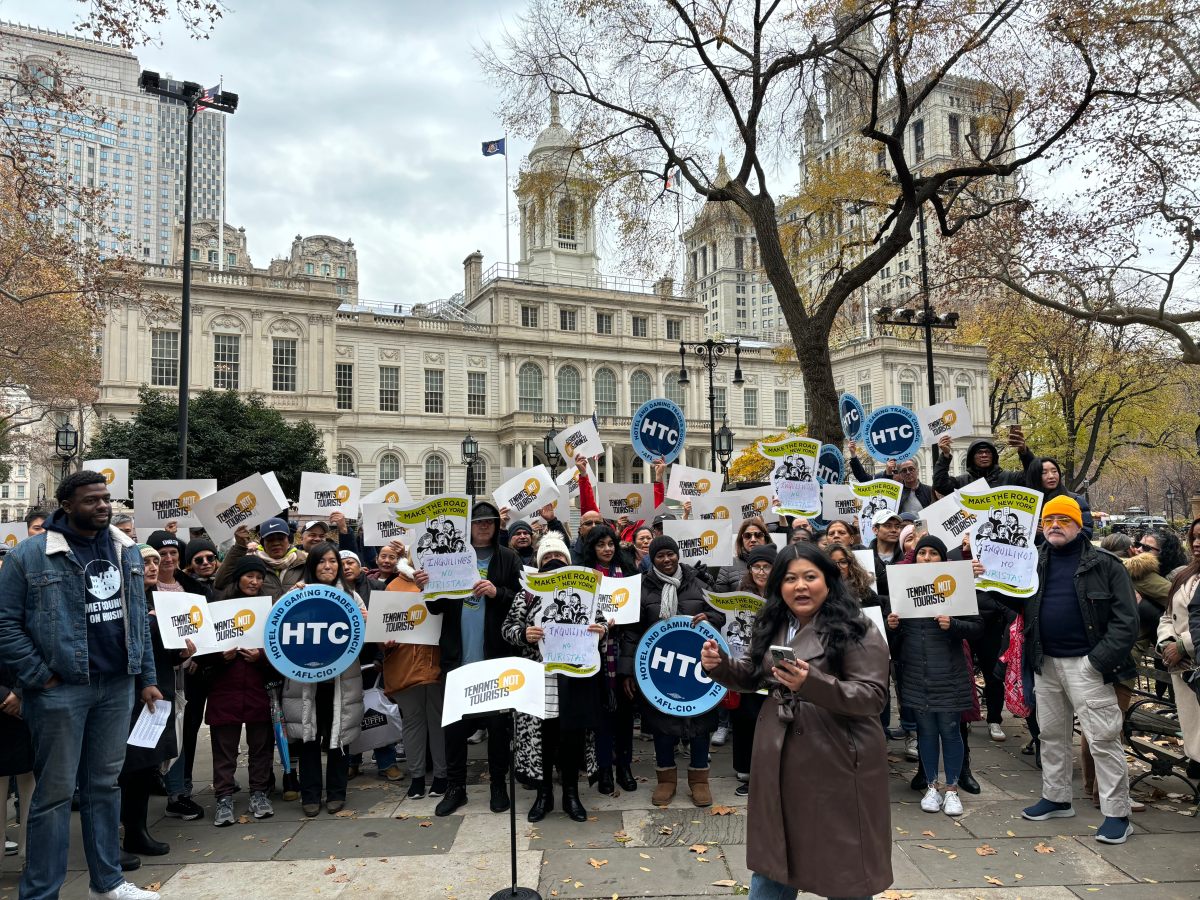By Patrick Donachie
Queens District Attorney Richard Brown and elected officials pushed for the state Commission on Forensic Science’s DNA Subcommittee to consider authorizing the use of familial DNA searches to help find suspects in unsolved cases during a hearing last Friday.
Brown said he was inspired to advocate for the practice after the murder of Karina Vetrano, a Howard Beach woman who was killed while jogging on Aug. 2, 2016 in Spring Creek Park. The investigation failed to uncover a suspect for months, even after trying to match DNA in databases to DNA recovered at the scene.
On Feb. 4, police announced they arrested Chanel Lewis, 20, for Vetrano’s murder. Police said Lewis voluntarily offered a DNA sample that matched the DNA evidence police had previously found.
In addition to Brown, state Assemblywoman Stacy Pheffer Amato (D-Howard Beach), Vetrano’s family, and others supported the procedure, which allows authorities to search DNA databases for potential relatives who match a recovered DNA sample. Brown said he was grateful for the NYPD’s diligent work in apprehending a suspect.
“But there are countless other horrible cold cases that remain unsolved,” Brown said. “Those victims and families continue to suffer and to live in fear and the public remains at risk of the perpetrators striking again. That isn’t right.”
Brown cited several instances in California where he said the practice had helped capture suspects, but organizations like the Legal Aid Society and the New York Civil Liberties Union expressed caution about the practice. The Legal Aid Society argued familial searching could put family members of suspects not involved with crime in the cross hairs of a DNA search.
“Because the database disproportionately holds the genetic profiles of people of color, the suspects generated will be disproportionately people of color,” Legal Aid’s public comment said. “Therefore, when there are false positives, when the family members of convicted offenders are wrongly targeted, those innocent targets of police action will be disproportionately people of color.”
Brown said regulations could be put in place to satisfy the concerns of civil rights advocates.
“In my judgment, familial DNA searching represents sound public policy,” Brown said. “Prudent, appropriate, limited safeguards can be put in place to ensure that familial searching is used thoughtfully – not indiscriminately – and that information generated by these searches is handled with sensitivity.”
If the subcommittee makes a recommendation on familial DNA searching, it must be sent to the commission for action as well, according to the commission’s website.
Reach reporter Patrick Donachie by e-mail at pdona





































